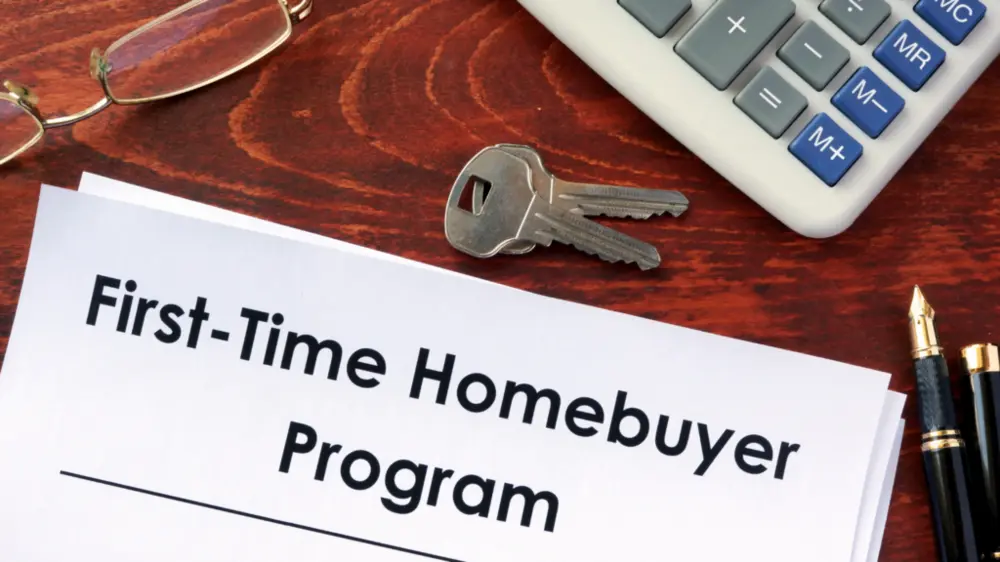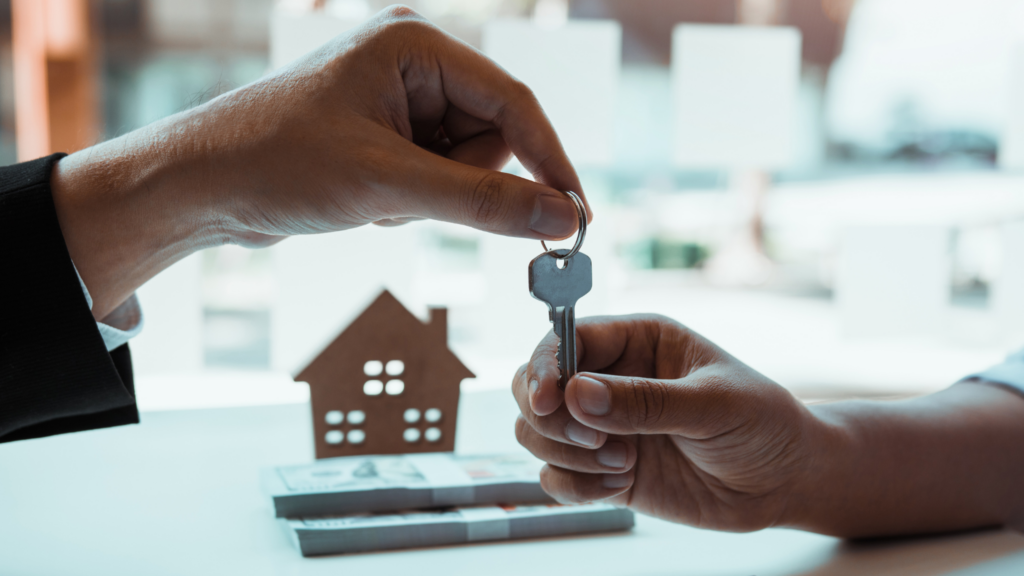
Purchasing a house is a big decision, so it’s normal to have questions. You may wonder how to get help for your closing costs or the best down payment programs available.
Today, you’ll learn a little more about the grants, programs, and home loan options available.
Types of Programs Available for Home Buyers
Buyer costs can be overwhelming, but there are many loan programs to help you handle the down payment and closing costs. These include federal and local tax credits, government-sponsored and charitable programs, and more.
DPA Grants (Down Payment Assistance Programs)
The down payment is a big expense, and most mortgages require it. Most lenders accept assistance, helping you cover those upfront costs.
Down payment programs are often grants and low/no-interest loans, which are exclusive to first-time buyers. They include:
- DPA Loans – First-time home buyer programs can help cover your down payments. These include forgiven loans, deferred payment loans, and a second mortgage.
- DPA Grants – Get assistance for your down payment through a grant, which doesn’t get repaid. The program requirements might differ, so you should check with your state and local government.
Tax Deductions, Such as Private Mortgage Insurance
First-time buyers used to have the Housing and Economic Recovery Act, which offered a credit of $7,500, but the program ended back in 2010. However, there are still deductions you can take to lower taxable income.
Deduct your mortgage insurance costs for one vacation home and your primary residence from federal taxes if the mortgage is under $750,000. That includes your PMI and the mortgage insurance premiums found on an FHA loan.
Government-backed Loans Through the Federal Housing Administration
The federal government also offers loans for first-time buyers and no down payment. This can help you lower your monthly mortgage payments!
Assistance with Closing Costs

Closing cost assistance programs work similarly to down payment assistance in that there are private and government programs out there.
The closing costs are the additional fees paid toward the end of your home-buying process. They can be anywhere from two to six percent of your home loan price.
Sometimes, the seller handles the closing cost through a seller concession. This could lower the interest rate and help with property taxes, though it won’t assist with monthly payments.
Charitable Programs
The NACA (Neighborhood Assistance Corporation of America) can also help you purchase a home. It provides education and mortgage counseling for financially unstable households. You don’t need a down payment or require a minimum credit score, but the professionals here offer a personalized look at homeownership options.
Guide Summary
Taking on a monthly mortgage payment can seem daunting, especially when you learn about interest rates, loan origination fees, and all the rest. However, it is possible to get assistance through the federal and local governments. Home buyer education is the first step to finding options.
Though it’s wise to hire a real estate agent, you can also turn to employers, nonprofits, and charities to help buy a home.


